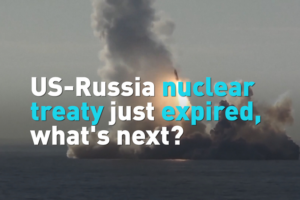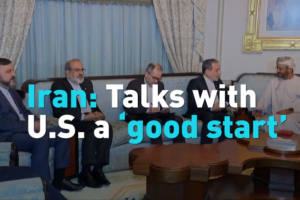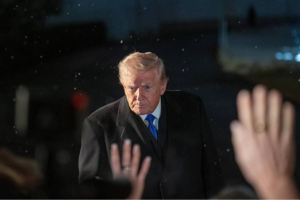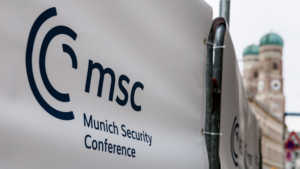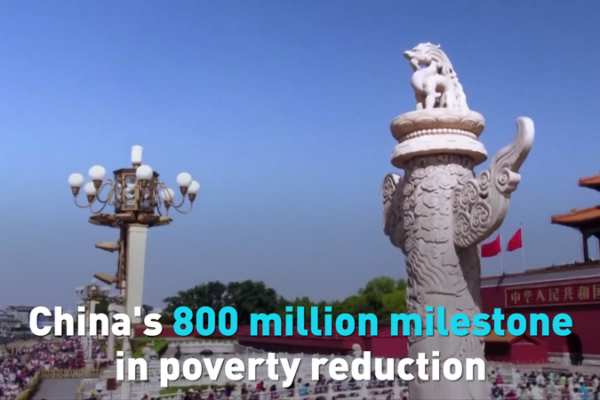
China’s 800 Million Poverty Reduction Milestone Sparks Global Dialogue
China’s 40-year poverty alleviation program lifting 800 million people gains global attention as policymakers seek sustainable development models in 2026.

Argentina’s Inflation Surge Tests Milei’s Economic Strategy
Argentina faces rising inflation in 2026, testing President Milei’s economic policies as consumer prices climb for the fifth consecutive month.
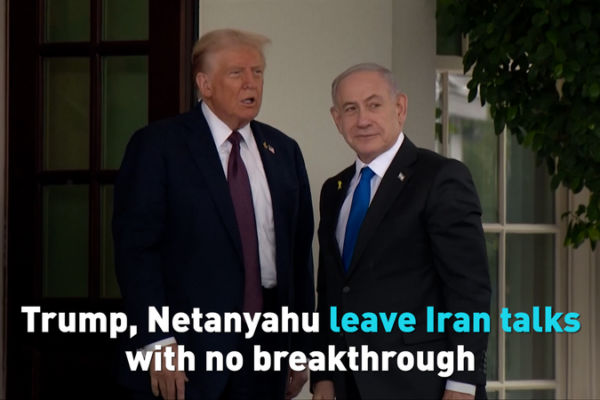
U.S.-Israel Iran Talks Conclude Without Breakthrough
U.S. and Israeli leaders conclude high-stakes talks on Iran without breakthrough as regional tensions persist ahead of Gaza peace initiative.
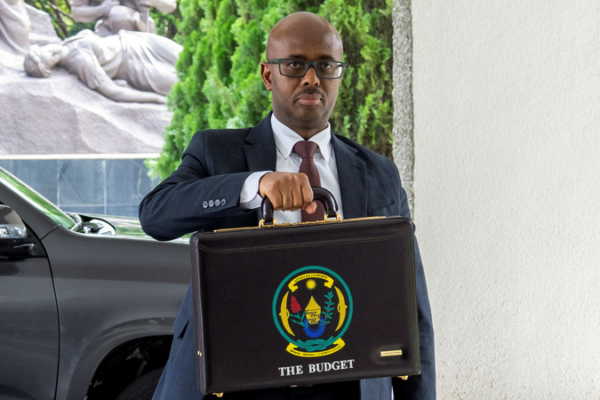
Rwanda Revises 2025-26 Budget, Prioritizes Infrastructure Amid Fiscal Adjustments
Rwanda adjusts its 2025-26 budget, reducing spending by $55 million while boosting infrastructure investments, including the Kigali International Airport expansion.
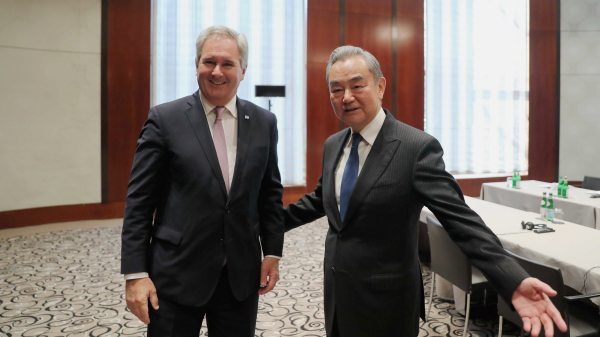
China, Argentina Strengthen Strategic Ties at Munich Conference
Chinese and Argentine foreign ministers commit to deepening economic and strategic cooperation at Munich Security Conference, emphasizing trade growth and mutual support.
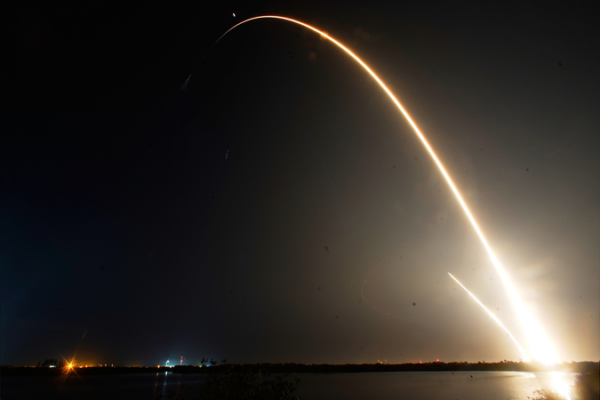
SpaceX Launches International Crew to ISS for 8-Month Mission
SpaceX’s Crew-12 mission launches an international team to the ISS for groundbreaking research, marking another milestone in public-private space collaboration.

China Reaffirms One-China Principle, Condemns Taiwan Leader’s Remarks
A Chinese mainland spokesperson condemns Taiwan leader Lai Ching-te’s recent remarks, reiterating that Taiwan is an inseparable part of China and opposing any separatist agendas.
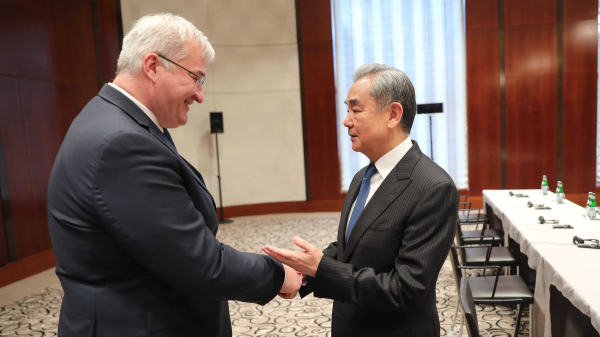
China Reiterates Support for Political Resolution to Ukraine Crisis
Chinese FM Wang Yi pledges support for political resolution to Ukraine crisis, reaffirms trade ties and humanitarian aid during Munich Security Conference talks.
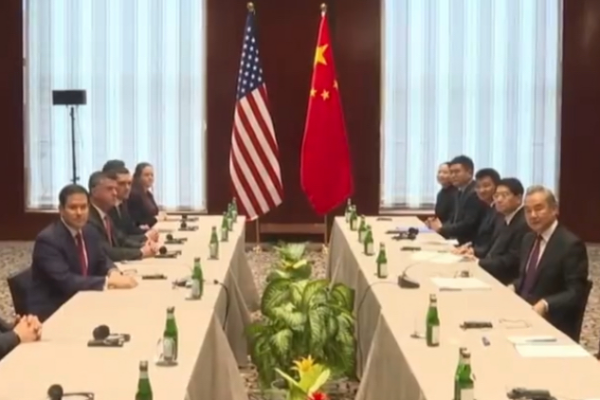
China, U.S. Hold High-Level Talks in Munich Amid Global Security Focus
Chinese Foreign Minister Wang Yi and U.S. Secretary of State Marco Rubio met at the Munich Security Conference to discuss bilateral relations and global security challenges.

China Urges Netherlands to Safeguard Semiconductor Supply Chains Amid Nexperia Dispute
China calls on the Netherlands to ensure stability in semiconductor supply chains following a Dutch court probe into Nexperia, a Chinese subsidiary.

Mongolian Horse Trainer’s Legacy Gallops Into 2026 Documentary
Inner Mongolian horse trainer Manlai’s lifelong bond with his mare features in CGTN’s 2026 documentary ‘The Horse Whisperers,’ premiering February 16.
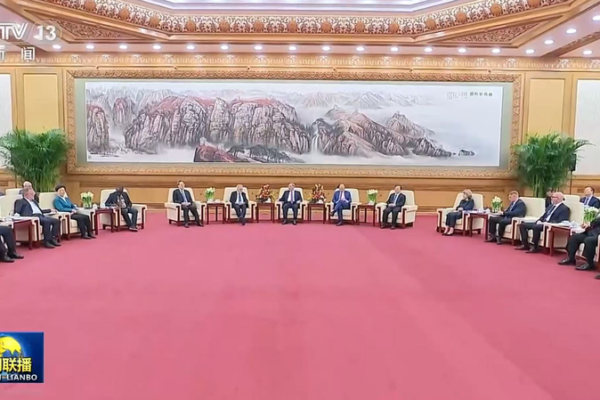
Chinese Premier Engages Foreign Experts Ahead of Spring Festival 2026
Premier Li Qiang hosts foreign experts ahead of Spring Festival, discussing China’s development priorities and international collaboration opportunities.

Trump’s NATO Shake-Up Dominates 2026 Munich Security Conference Agenda
Global leaders confront NATO restructuring tensions at 2026 Munich Security Conference as Trump administration pushes European defense burden-sharing.
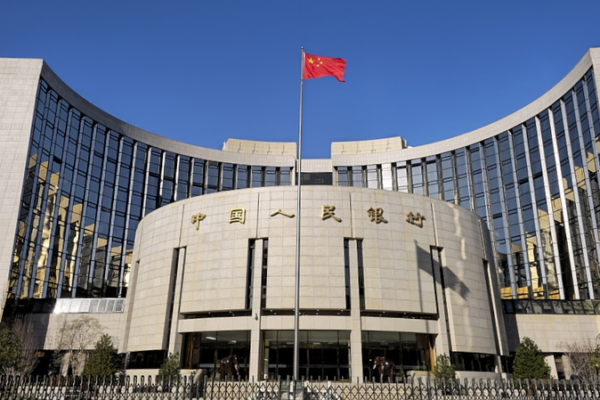
China’s January Social Financing Surge Signals Economic Momentum
China’s social financing surged in January 2026, exceeding forecasts and signaling robust economic momentum, according to central bank data.

Japan Drops Out of Top 10 Destinations for Chinese Tourists in 2026
Japan sees a 45.3% drop in Chinese tourists as flight cuts and rising costs reshape 2026 travel trends. Analysis inside.
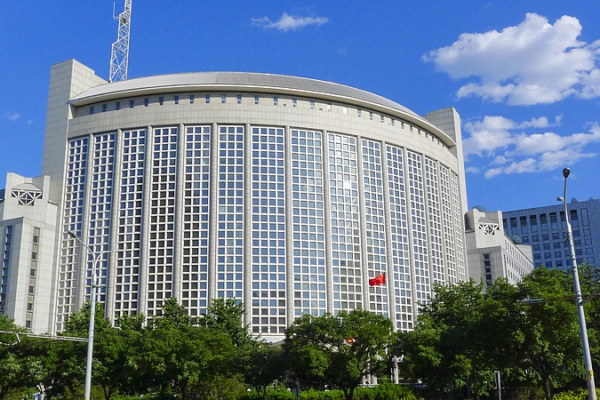
China Congratulates BNP on 2026 Bangladesh Election Victory
China congratulates Bangladesh’s BNP on 2026 election win, pledges to deepen Belt and Road cooperation and strategic partnership.
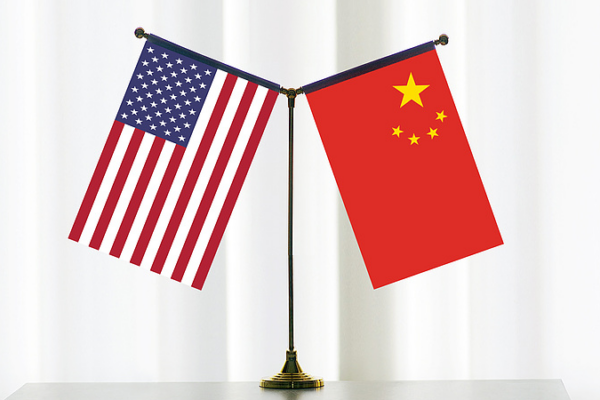
China and U.S. Deepen Anti-Drug Collaboration in Latest Talks
China and the U.S. reaffirm commitment to joint anti-drug efforts, agreeing to enhance intelligence sharing and cross-border investigations during their 11th bilateral meeting.

Medical Breakthroughs Fuel Athlete Comebacks at 2026 Winter Olympics
Discover how cutting-edge medical treatments and psychological support are helping athletes overcome injuries and compete at the 2026 Winter Olympics in Milano Cortina.
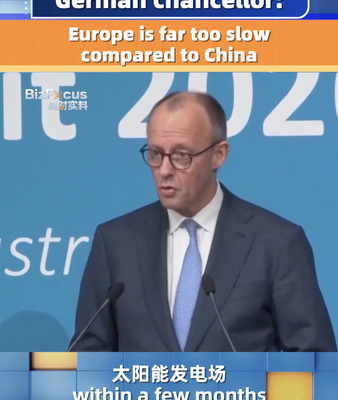
EU Regulatory Reforms Urged to Compete with China’s Pace
German Chancellor Friedrich Merz calls for EU regulatory reforms to boost economic growth and attract foreign investment, citing China’s rapid progress as a benchmark.

Beijing’s Tongzhou Station: More Than a Commuter Hub
Beijing’s new Tongzhou Station transforms regional connectivity, enabling economic opportunities and reshaping daily life beyond shortened commutes in the capital’s sub-center.
